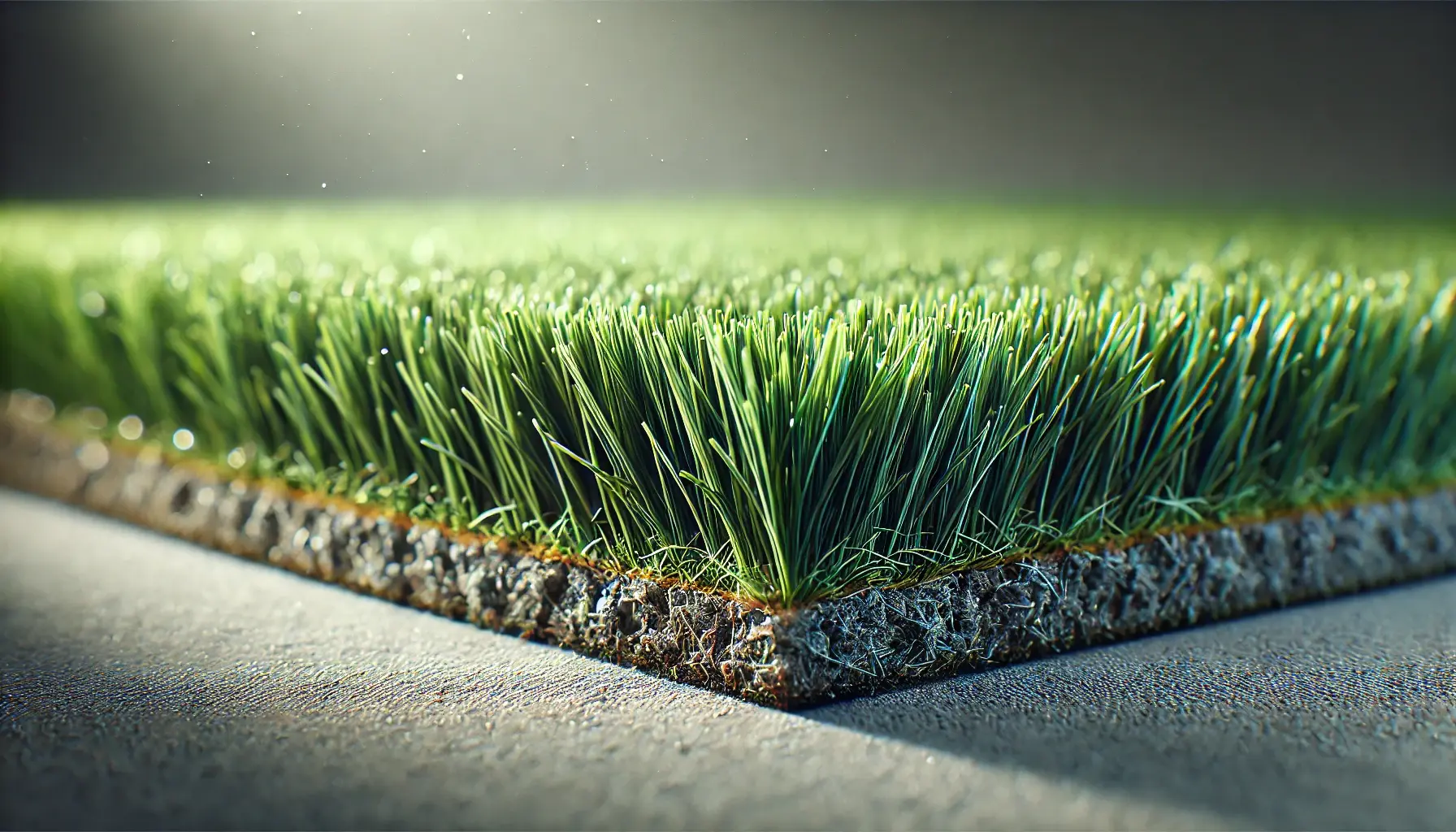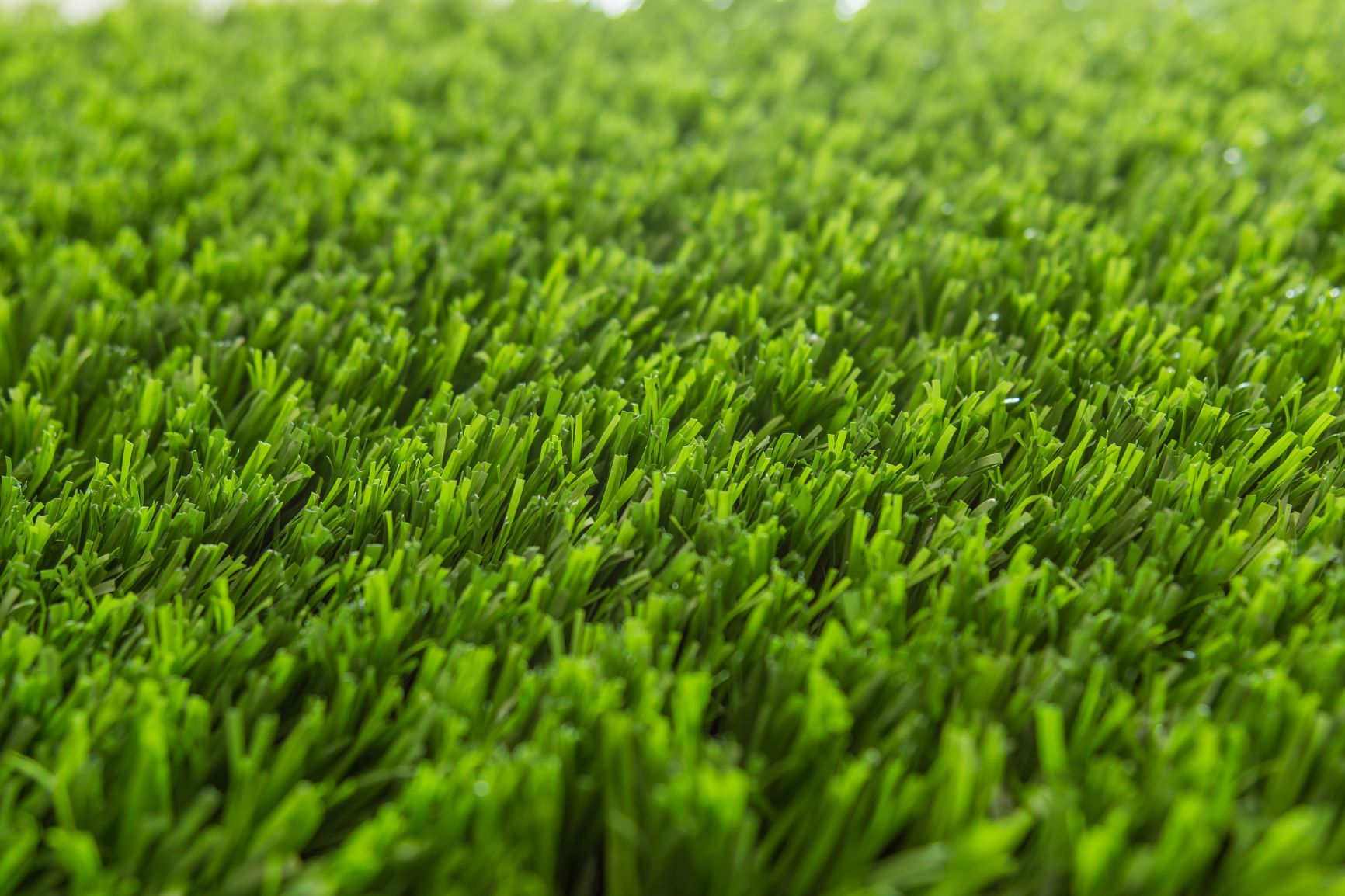Premium Arizona Turf Installation Services for Residences and Businesses
See Why Homeowners Prefer Artificial Lawn for Lasting Landscaping Practices
As property owners increasingly focus on sustainability in landscaping, synthetic grass has actually become a compelling option to typical yard. Its capacity to save water, minimize maintenance efforts, and lessen environmental influence positions it as a practical selection for those seeking green remedies. In addition, the aesthetic charm and convenience of fabricated grass accommodate varied design preferences. Nevertheless, the ramifications of this shift expand beyond mere comfort and looks, motivating a more detailed assessment of exactly how these options influence more comprehensive ecological results. What continues to be to be discovered is the complete extent of benefits that synthetic grass can supply to home owners and the atmosphere alike.
Water Preservation Conveniences
One of one of the most considerable advantages of fabricated turf is its role in water preservation. Traditional grass yards need substantial amounts of water to preserve their lush appearance, typically bring about overuse of regional water sources, specifically in deserts. In comparison, synthetic grass eliminates this need completely, as it does not call for watering. This not only preserves water yet additionally lowers the strain on municipal water systems, specifically during dry spell problems.
Furthermore, the installation of synthetic grass can add to a much more sustainable landscape. Home owners can considerably reduce their water bills, permitting reallocation of resources to various other environmental efforts or family uses. In addition, man-made lawn is made to withstand numerous weather conditions without the need for extra watering, making it an ideal choice for regions facing water deficiency.
The environmental benefits extend past prompt water savings. By decreasing water consumption, synthetic grass aids to minimize the influences of climate adjustment, protecting important communities that are threatened by excessive water removal. As sustainable landscape design practices obtain grip, synthetic grass arises as an accountable selection for homeowners seeking to produce environment-friendly outside areas.
Decreased Upkeep Efforts
Artificial turf dramatically decreases maintenance initiatives compared to conventional turf yards. With man-made turf, house owners can eliminate the taxing tasks related to all-natural landscaping, such as mowing, feeding, and weeding. This not only saves useful time but also reduces physical labor, making grass treatment available for individuals of every ages.
Among the most significant benefits is the absence of routine mowing. Traditional yards need constant trimming to preserve a visually pleasing height, whereas artificial lawn stays consistently lavish without the demand for cutting. Furthermore, property owners no more require to use pesticides or plant foods, which are typically needed to keep natural grass healthy and balanced. This change not just lightens the workload but also promotes a neater, more uniform look year-round.
Moreover, synthetic grass is durable and resistant, requiring minimal maintenance beyond periodic cleaning and rinsing to eliminate debris. This simplicity of upkeep permits homeowners to appreciate their exterior spaces without the continuous worry of maintenance, providing even more time for recreation and household tasks. Ultimately, the lowered upkeep initiatives related to man-made lawn make it an attractive alternative for those looking for a low-maintenance, aesthetically appealing landscape.
Ecological Effect Decrease
There is an expanding recognition of the ecological advantages related to synthetic turf, specifically from this source in terms of water preservation and decreased chemical use. Conventional yards need substantial amounts of water, specifically in drought-prone regions, bring about increased stress on local water sources. On the other hand, fabricated lawn eliminates the requirement for irrigation, significantly reducing water intake and promoting sustainability.
In addition, traditional grass upkeep usually includes the application of fertilizers, chemicals, and herbicides, which can add to dirt and water air pollution. Fabricated grass alleviates this ecological hazard by requiring very little maintenance and basically getting rid of the demand for unsafe chemicals. This not just boosts soil wellness but also safeguards regional ecosystems from toxic runoff.
Furthermore, the production of natural grass yards usually entails the usage of nonrenewable fuel sources for mowing and landscaping equipment, additional adding to greenhouse gas emissions. By selecting synthetic grass, house owners can dramatically reduce their carbon impact related to lawn care tasks.
Visual Appeal and Versatility
Along with its environmental advantages, synthetic grass provides significant aesthetic allure and adaptability for landscape design. Home owners can accomplish click here to find out more a rich, eco-friendly appearance year-round, removing the seasonal fluctuations generally associated with natural lawn. This regular visual not only improves the aesthetic charm of a building but also adds to a refined and well-maintained look.
Moreover, synthetic grass is readily available in a selection of textures, designs, and shades, permitting personalization to match private choices and design themes - Turf installation phoenix az. Whether made use of in household yards, business spaces, or recreational areas, it can effortlessly incorporate into diverse landscape design layouts, from modern minimalist to rich tropical settings
The flexibility of synthetic grass prolongs beyond simple look; it can be set up in different places, including rooftops, outdoor patios, and even interior rooms, developing opportunities for distinct landscaping options. Additionally, it is ideal for a variety of tasks, from children's link play areas to pet-friendly atmospheres, supplying performance without compromising design.
Ultimately, the visual allure and versatility of synthetic grass make it an eye-catching option for homeowners seeking lasting landscape design options that do not give up appeal for ecological responsibility.

Long-Term Cost Savings
One of the most compelling advantages of man-made grass is its capacity for long-term price savings. Unlike all-natural yard, which requires regular maintenance-- consisting of mowing, watering, feeding, and bug control-- artificial turf dramatically lowers these ongoing expenses.
Additionally, synthetic grass has a life-span of 15 to 25 years, depending on its quality and usage. This resilience decreases replacement expenses, making it an extra affordable option in the long run. Furthermore, the initial investment in synthetic grass can frequently be recovered through the cost savings accumulated with time.
While the upfront cost may appear greater compared to sod setup, the advancing savings from minimized maintenance and water use often outweigh these initial expenditures. Inevitably, the adoption of synthetic grass not only advertises a sustainable landscaping service but also provides property owners a financially savvy alternative that lines up with lasting budgeting goals.
Verdict
Synthetic lawn emerges as a compelling choice for sustainable landscape design, supplying significant benefits in water preservation, minimized upkeep initiatives, and decreased ecological effect. As communities significantly prioritize ecologically friendly methods, the adoption of artificial grass stands for a modern action towards accomplishing lasting and durable landscapes.
Additionally, artificial grass is created to endure various weather problems without the need for supplemental watering, making it an excellent selection for regions facing water shortage. (Arizona turf)

Man-made turf emerges as a compelling alternative for lasting landscaping, offering considerable advantages in water preservation, decreased upkeep initiatives, and lessened ecological effect.